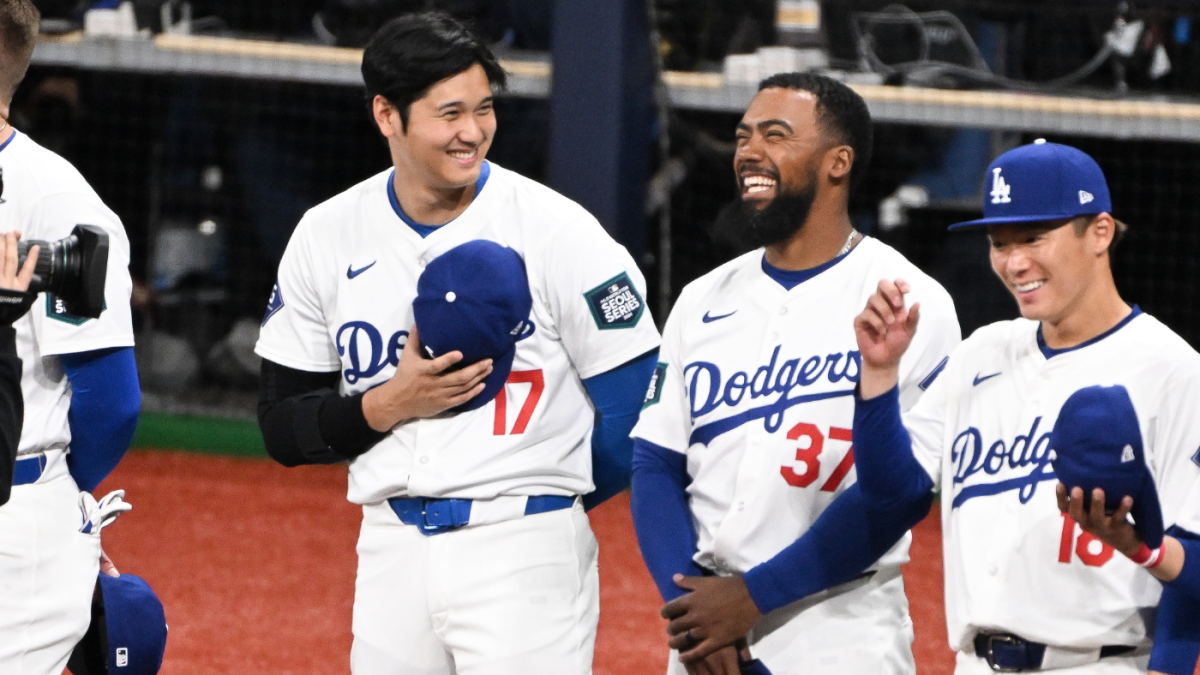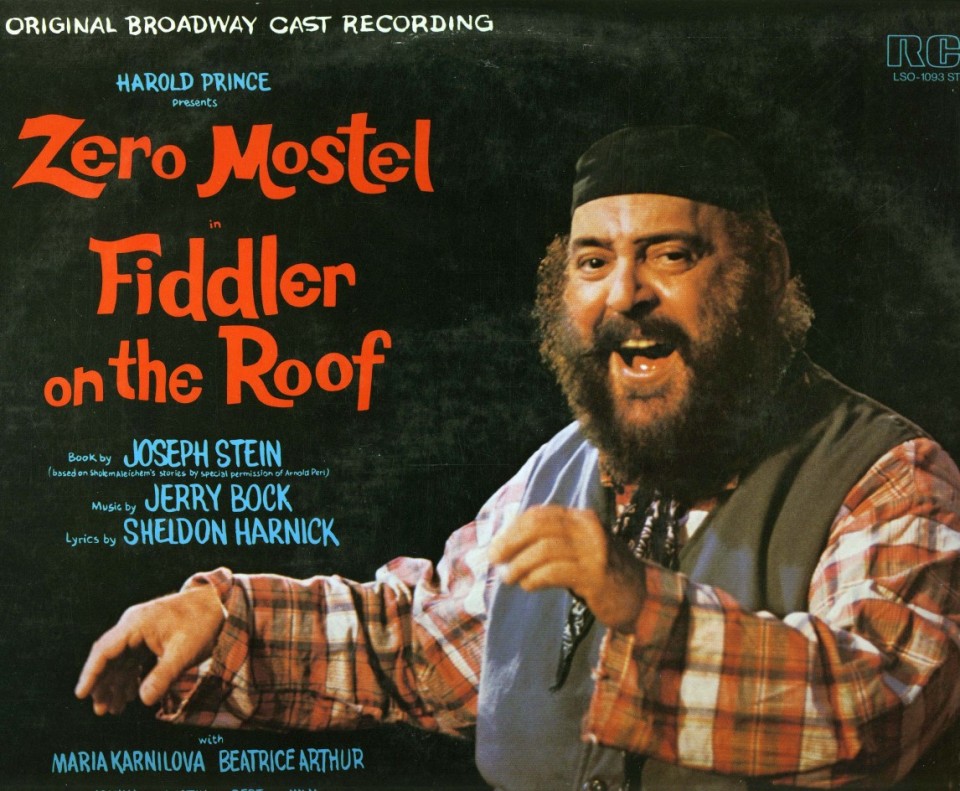Unused game program from the 1964 World Series,
which was to be sold at Connie Mack Stadium,
with the other flag blank, since the opponent was yet to be determined.
September 30, 1964, 60 years ago: The Philadelphia Phillies complete what remains the most stunning regular-season collapse in Major League Baseball history, losing their 10th straight game, 8-5 to the St. Louis Cardinals at Busch Stadium (formerly Sportsman's Park) in St. Louis.
Going into the games of September 21, the Phillies led the National League by 6 1/2 games. There were 12 games left. Their Magic Number to clinch the Pennant was 6: All they had to do was win half of their remaining games, 6 out of 12, and it wouldn't have mattered what any other team did. The Phils would have won the Pennant.
Instead, the following happened:
* 1. September 21, at Connie Mack Stadium in Philadelphia: Cincinnati Reds 1, Phillies 0. The only run came in the top of the 6th inning, when Hiraldo "Chico" Ruiz stole home plate, while Frank Robinson, the greatest power hitter the Reds franchise has ever had, was at the plate. It would have been an incredibly dumb move had it failed. But it worked. "The Chico Ruiz Game" has haunted Phillies fans ever since.
* 2. September 22, at Connie Mack Stadium: Reds 9, Phillies 2. This time, Robinson did hit a home run, and Chris Short, 17-7 going into the game, didn't get out of the 5th inning.
* 3. September 23, at Connie Mack Stadium: Reds 6, Phillies 4. This time, it was Ruiz hitting a home run, and Vada Pinson 2 of them.
* 4. September 24, at Connie Mack Stadium: Milwaukee Braves 5, Phillies 3. Jim Bunning came into the game 18-5, but lost.
* 5. September 25, at Connie Mack Stadium: Braves 7, Phillies 5. Manager Gene Mauch seemed to have pushed the right buttons all season long, until now. In this game, he started Short on just 2 days' rest, and he pitched 6 shutout innings, but allowed 2 runs in the 7th and 1 in the 8th. Johnny Callison homered for the Phils in the bottom of the 8th, momentarily saving them.
Both teams scored 2 runs in the 10th, the Braves on a home run by Joe Torre, the Phils on an inside-the-park home run by eventual NL Rookie of the Year Richie Allen (who hadn't yet begun to insist upon being called "Dick Allen"). But a bad throw by catcher Clay Dalrymple on a stolen base by Gene Oliver allowed the Braves to win it the 12th.
* 6. September 26, at Connie Mack Stadium: Braves 6, Phillies 4. The Phils led 4-0 after 2 innings, and 4-3 going into the 9th, with Art Mahaffey putting in a good start on full rest. But Bobby Shantz, the former Philadelphia Athletics ace back in his hometown, couldn't hold the lead, due in part to an error by 2nd baseman Tony Taylor, and Rico Carty hit a bases-loaded triple. It was Shantz's 39th birthday, and he made only 1 more big-league appearance, 3 days later. Hank Aaron went 2-for-5. Joe Torre went 3-for-4.
* 7. September 27, at Connie Mack Stadium: Braves 14, Phillies 8. Callison hit 3 home runs, helping to cement his case as the NL Most Valuable Player, should the Phils win the Pennant. But Bunning, sent out by Mauch on 2 days' rest, didn't get out of the 4th inning. He and his replacement 7 allowed straight hits, and allowed runs to score on 6 straight plays. Torre hit a home run (although not in the 4th).
There was a small omen for the Phillies: The pitcher who relieved Bunning would go on to become one of the most important figures in team history. He was a 20-year-old righthander from nearby Newport, Delaware. His name was Dallas Green.
* 8. September 28, at Busch Stadium in St. Louis: Cardinals 5, Phillies 1. Again, Mauch sent Short out on 2 days' rest, against Bob Gibson. Future Yankee broadcaster and NL President Bill White went 3-for-4 with an RBI. Future Cardinal broadcaster Mike Shannon went 1-for-3 with 3 RBIs.
* 9. September 29, at Busch Stadium: Cardinals 4, Phillies 2. Dennis Bennett was fully-rested, but didn't get out of the 2nd inning. For the Cards, Ray Sadecki got his 20th win of the season.
* 10. September 30, at Busch Stadium: Cardinals 8, Phillies 5. Tim McCarver hits a home run for the Cards, while Alex Johnson hits one for the Phils. Ironically, the winning pitcher for the Cards is Curt Simmons, whose drafting into the Korean War in 1950 cost him the chance to pitch for the Phils in their last World Series to this point, in 1950. Simmons also turned out to be the last surviving player from those 1950 Phillies "Whiz Kids."
None of it would have mattered if the Reds hadn't won 9 straight from September 20 to 27 (3 of them over the Phillies); and the Cardinals hadn't won 8 straight from September 24 to 30 (the last 3 over the Phillies). The Cards' Ken Boyer ended up winning the MVP.
Now, despite a Rookie of the Year season from Allen, a near-MVP season from Callison, and a near-Cy Young Award season from Bunning, they are 2 1/2 behind the Cardinals, while the Cincinnati Reds are 1 game back. The Phils have 2 games left, the Cards 3, the Reds 4. The Phils could still win the Pennant if they win their last 2 games, although a 3-way tie for the Pennant is still possible.
It was not to be. And, for those people in the Delaware Valley old enough to remember the Phillie Phlop of '64, not even the World Series wins of 1980 and 2008 could erase the scar on their hearts with "1964" branded onto it.
*
September 30, 1964 was a Wednesday. These other baseball games were played that day:
* The New York Yankees swept a doubleheader from the Detroit Tigers at Yankee Stadium. This was crucial, because the American League race was also coming down to the wire with multiple teams still in it. The Yankees would end up winning the Pennant by just 1 game over Chicago and 2 over Baltimore.
The Yankees won the opener, 7-6. Mickey Mantle and Joe Pepitone hit home runs for the Yankees, Al Kaline for the Tigers. Ralph Terry was the winning pitcher, in relief of Al Downing. The Yankees won the nightcap, 11-8. Kaline homered for the Tigers again, and Bill Roman also hit one. But Tom Tresh hit one for the Pinstripes. Jim Bouton, later the author of Ball Four, started and won.
* The New York Mets lost to the Milwaukee Braves, 6-5 at Milwaukee County Stadium. Denis Menke won the game with a home run off Willard Hunter in the bottom of the 12th inning. Hank Fischer started, Warren Spahn pitched the 9th and 10th innings in relief, and Clay Carroll, later a bullpen mainstay of the Cincinnati Big Red Machine, was the winning pitcher. Hank Aaron went 0-for-4, but he did draw 2 walks. Joe Torre went 1-for-6 with an RBI. Jim Hickman went 5-for-6 with an RBI for the Mets, and Charley Smith went 3-for-6 with 2 RBIs, but it wasn't enough.
* The Cleveland Indians shut the Boston Red Sox out for the entirety of a doubleheader at Fenway Park, 5-0 and 3-0. A young Luis Tiant, later to pitch so well for the Red Sox, allowed them just 4 hits in the 1st game, 2 of them by Félix Mantilla.
Carl Yastrzemski went 0-for-4 in the 1st game, and didn't play in the 2nd; while Tony Conigliaro, just 19 years old, didn't play in the 1st game, and went 2-for-4 in the 2nd. But the rest of the Red Sox only got 5 hits off Sam McDowell in that 2nd game.
* A doubleheader was split at Memorial Stadium in Baltimore, but the 2 teams then in the Chesapeake region. The Baltimore Orioles won the 1st game, 8-4, with Jerry Adair hitting 2 homers. The Washington Senators won the 2nd game, 6-3. Brooks Robinson went 2-for-4 in each game, and had an RBI in the 1st one.
* The Pittsburgh Pirates beat the Cincinnati Reds, 1-0 at Crosley Field in Cincinnati. Jerry May singled home future Met World Series hero Donn Clendenon with the winning run -- in the top of the 16th inning. Roberto Clemente did not play. Nor did Willie Stargell. Jerry May got 3 hits, the entire rest of the Pirates only 2 -- in 16 innings. Chico Ruiz went 4-for-8, but the rest of the Reds lineup got only 5 hits. Pete Rose went 0-for-7. Frank Robinson went 1-for-4, and drew 3 walks.
The Reds' Jim Maloney, who would go on to take 2 no-hitters into the 10th inning the next season, keeping 1 but losing the other game in the 11th inning, here went 11 innings allowing no runs on 3 hits. The Pirates' Bob Veale went 12 1/3rd, allowing no runs on 7 hits. Veale struck out 16 batters, Maloney 13. The winning pitcher was Al McBean, the losing pitcher Lou Tsitouris.
* The Minnesota Twins beat the Kansas City Athletics, 6-1 at Metropolitan Stadium in the Minneapolis suburb of Bloomington, Minnesota. Harmon Killebrew went 0-for-4, but Jimmie Hall and Don Mincher homered for the Twins.
* The Los Angeles Dodgers beat the Chicago Cubs, 2-0 at Dodger Stadium in Los Angeles. A 2-hit shutout was pitched by -- no, not Sandy Koufax, and not Don Drysdale, but John Purdin. It was his 1st major league win. There would be only 5 more. Both Cub hits were by catcher Dick Bertell.
* The San Francisco Giants beat the Houston Colt .45s, 2-1 at Candlestick Park in San Francisco. Houston 3rd baseman Bob Aspromonte made an error on Jim Davenport's grounder in the bottom of the 11th, allowing Tom Haller, who had homered earlier, to score the winning run. Willie Mays went 0-for-4, but did draw a walk. The next season, the Colt .45s would rename themselves the Houston Astros.
* And the Chicago White Sox and the Los Angeles Angels were not scheduled for this day. The White Sox won their last 9 to finish within 1 of the Yankees, but it wasn't enough.
And in one of the best things that could have happened on any day, Italian actress Monica Bellucci was born.
















